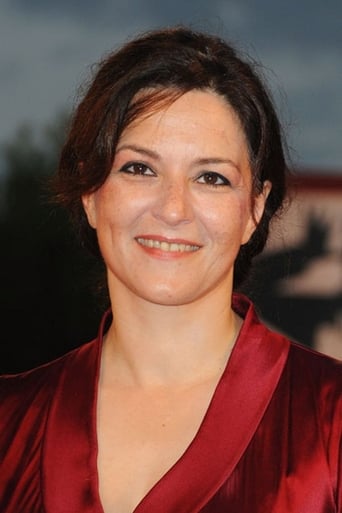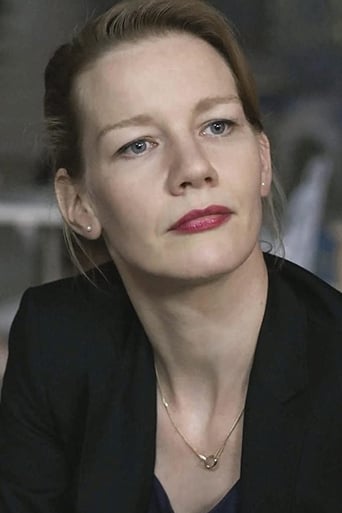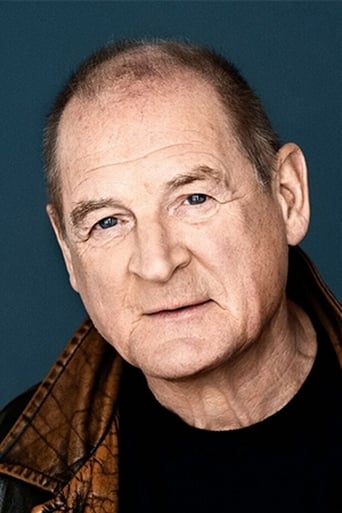Alex Deleon
Over the years there have been a number of films addressing themselves to various facets of the Armenian genocide by the Turks, notably Canadian Armenian Atom Egoyan's "Ararat" (Cannes, 2002)but until now there has not been a film specifically addressing the Turkish DENIAL of the Armenian Genocide. Surprisingly such a film now comes from Germany and is made by a German, Eric Friedler. The film in question is a 90 minute documentary entitled "Aghet: ein Völkdermord" (Aghet:a Genocide") where the Armenian word "Aghet" literally means calamity or catastrophe. This film became the centerpiece of the festival and director Friedler was presented with a special Humanitarian Award named for a heroic German, Armin T. Wegner, who while on duty in Turkey during WW I, witnessed the massacres of Armenians and became a major German voice of protest. Raphael Lemkin, a Jewish-Polish emigré lawyer, coined the term "genocide" (Murder of a people) in 1948 and called the mass murder of Armenians in Turkey from 1915 to 1923 "the first systematically executed genocide of the 20th century" -- by implication, the prequel to the genocide of the Jews by the Germans, now known as the "Holocaust", a scant twenty years later. Friedler's film investigates the motivations behind the continued frenzied denials by the Turkish government and the consequences in terms of international foreign policy today. The method of this film is to bring back to life the actual Words of foreign diplomats, engineers, and missionaries who were there and witnessed the atrocities, their testimony being read by an ensemble of 23 professional German actors. Events are re-enacted as simple interview sessions deriving their power from the integrity of the performances and the power of the words themselves.Friedler also presents the cold facts of current political reality showing Turkish leaders on television angrily objecting to the use of the term "genocide. We see a school in Istanbul named after Talaat Pasha, one of the top butchers of Armenians, a kind of Turkish Heinrich Himmler, apparently honored as a national hero. Equally harsh on his own country Friedler proves beyond any doubt Germanys complicity in the Genocide. In the film we hear a German Chancellor (long before Hitler) state: "Our only goal was to keep Turkey on our side (in WW I) until the end of the war, regardless of whether or not Armenians perished". Armenians all over the world still cannot comprehend the reason why Turkey to this day keeps denying events that took place over ninety years ago. They feel betrayed by a world that accepts the Turkish interpretation of history. In the Berlin political archives there are over 1000 reports. letters, notes,etc. which have been kept hidden all these years to prevent the besmirching of Turkey's international image. Now unearthed they leave no doubt that a horrific genocide had indeed taken place. These are firsthand reports from German and American diplomats, doctors, teachers, and nurses who lived in Turkey and recorded their observations.Henry Morgenthau, the American ambassador to Turkey at the time, wrote: "These people were ripped from their homes without any reason, and were sent on a march through the desert, Thousands of women and children died on this journey, not only because of hunger and exhaustion, but because of the cruelty of those who were watching over them". A Swedish missionary nurse named Alma Johansson, (Actress Martina Gedeck) wrote: "Can you comprehend what it means to witness such things and not be able to do anything about it?" Leslie A. Davis, (Actor Friedrich von Thum) an American consul in Harput at that time wrote: "It was no secret that the Armenians were being killed. But the measures were more horrendous than I had imagined. The streets were filled with dead bodies. The cities were more like morgues, or rather, like slaughter houses. When one sees the killing of innocent, children, mothers, newborns, old men and women, then it is impossible to find a plausible reason that would justify such measures".These reports presented in the film, describing in lurid detail the mass murder of Armenians and the incredible brutality of the Turkish (in some cases, Kurdish) killers, are incontrovertible evidence that the official Turkish position today is nothing but one incredibly Big Lie. One non Armenia gentleman I spoke to after the screening said that what impressed him most was that the Turks were far more brutal than the Germans in World War II. (Nailing horse shoes on the feet of live victims!) What is, perhaps, most significant about this film is that it presents a German view of the Genocide, from a country that is identified with the largest genocide of all time, the Holocaust, but is at least a country which has had the integrity to face up to the horrors of it's own history without "gilding the lily".What is also of special interest is the fact that since Turkey was on the side of Germany in World War I, there were many German military advisers in Turkey at the time of the genocide, who certainly learned some basic lessons on how to get rid of large numbers of people you don't like, which they would put into practice back home eventually on an even greater scale. It is slightly stomach turning to think that the current administration under President Obama finds it convenient not to condemn the Turkish denial of the Armenian genocide because "we have important air bases on Turkish soil". Makes one realize that in international politics Hypocrisy is clearly the Name of the Game. In any case the film "AGHET -- the story of Genocide" is a film which needs to be widely seen as an eye opener to an issue which is bigger than it seems, because official Genocide denial at the highest levels is not a Turkish monopoly -- there is this funny fellow in Tehran by the name of Ahmedinajad ...for instance.
FilmForce1
This is one of the best documentaries ever made.It deals with a very harsh truth which is currently still being denied, the Armenian genocide, which took place in 1915 in the Ottoman Empire (currently Turkey) The storytelling is excellent at many levels, and very innovative as well. Based on real documents from testimonies of politicians, statesmen, missionaries, teachers, diplomats (such as the American diplomat Oscar S. Heizer), Raphael Lemkin (who created the word "genocide" from the Armenian experience at the hands of the Turks), and many more witnesses, writer-director Eric Friedler weaves the historical facts with reenacted interviews of the witnesses. The film also includes historical and news footage, while carefully balancing reactions and interviews from opposite views. Additional powerful interviews include Markus Meckel, Samantha Power, foreign policy adviser to President Obama, and many more. Great research, wonderful storytelling, actors for the reenactments do a superb job and directing is stellar. From a writer/director who is an outsider to these historical facts, it is quite an accomplishment.
bektaskonca
Aghet A Genocide: an award-winning documentary made by German filmmaker Eric Friedler which compellingly proves the truth of the genocide of the Armenian people during World War 1. i have seen thousands of films and countless documentaries and i can say this with all honesty this is the worst one i have seen in years, i have never seen so much hate disgusted by one sided story telling and propaganda docu drama. i see that most of the eye witness count was by Germans telling how disgusted they are by the way Armenian's got treated by turks at the same time they were killing and torturing people in millions?? i personally think killing Armenian's in turkey at 1915 have to be excepted by today's government and move on to next step to make peace and compensate all Armenian's but in my heart i do not see that happen, as todays government still killing Kurdish people everyday and wont come to recognise even today. i have to say this docu drama was sxxt and it is done with intention of agenda,provoke which does nothing to way of solution to Armenian and Turkish nation.




